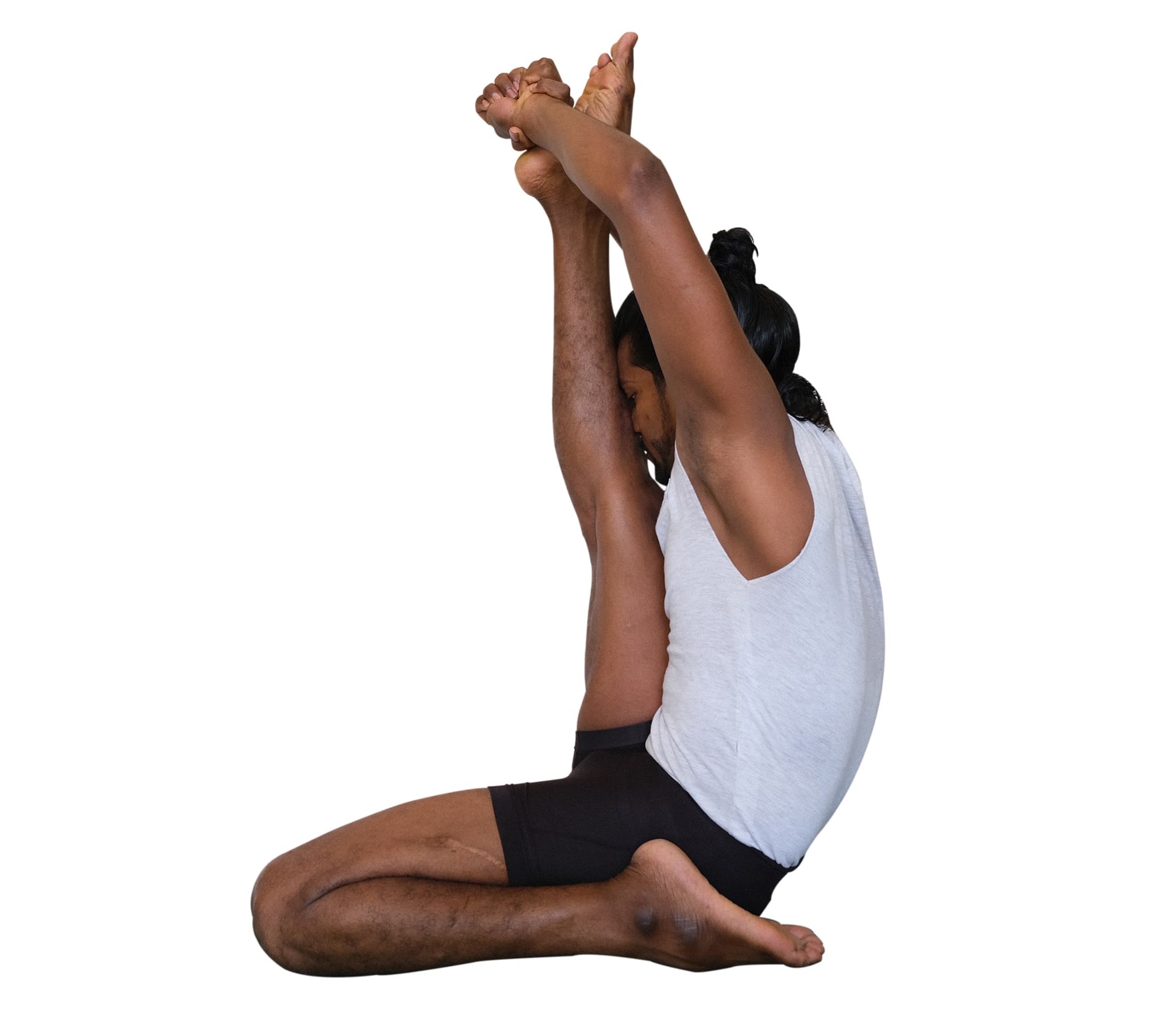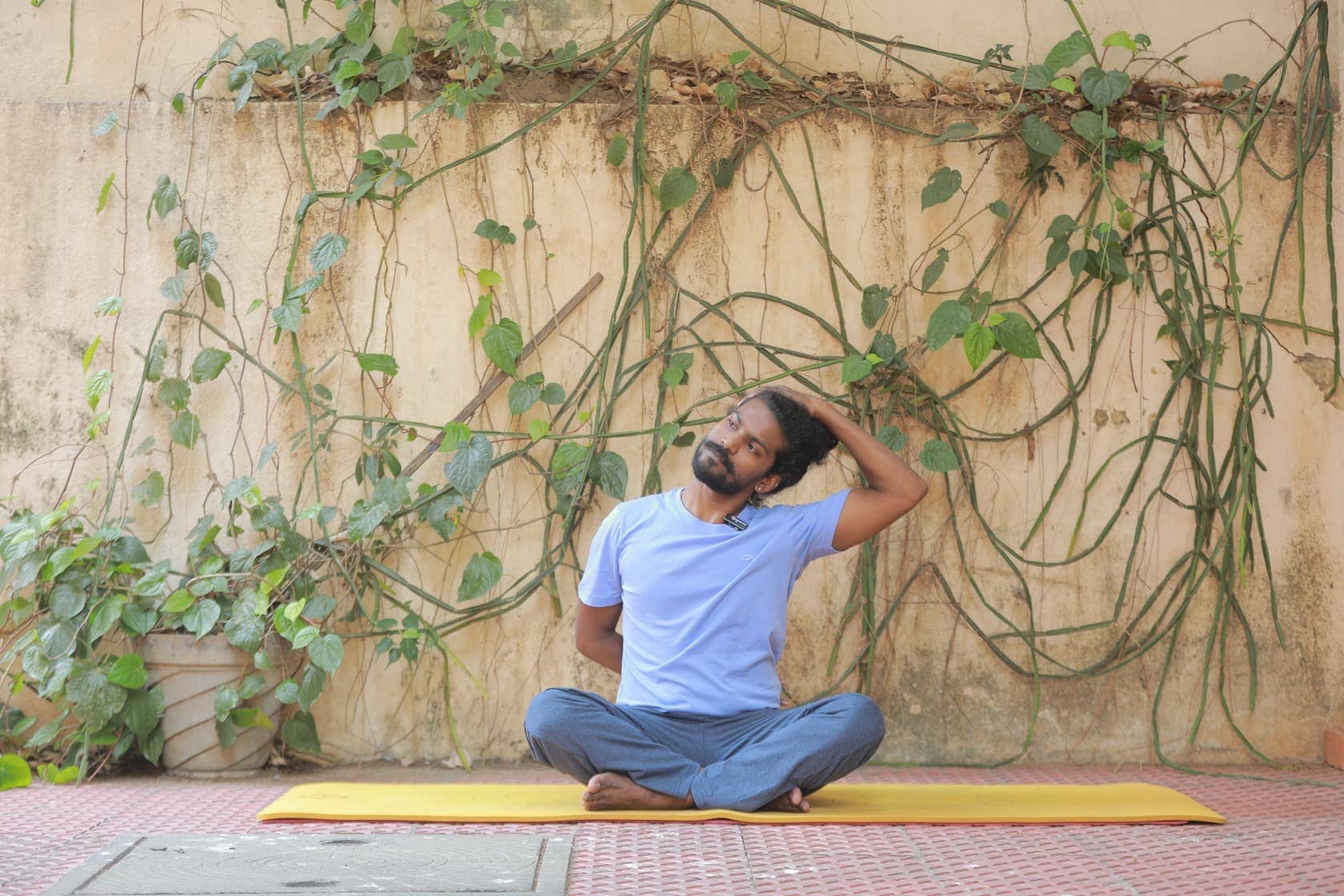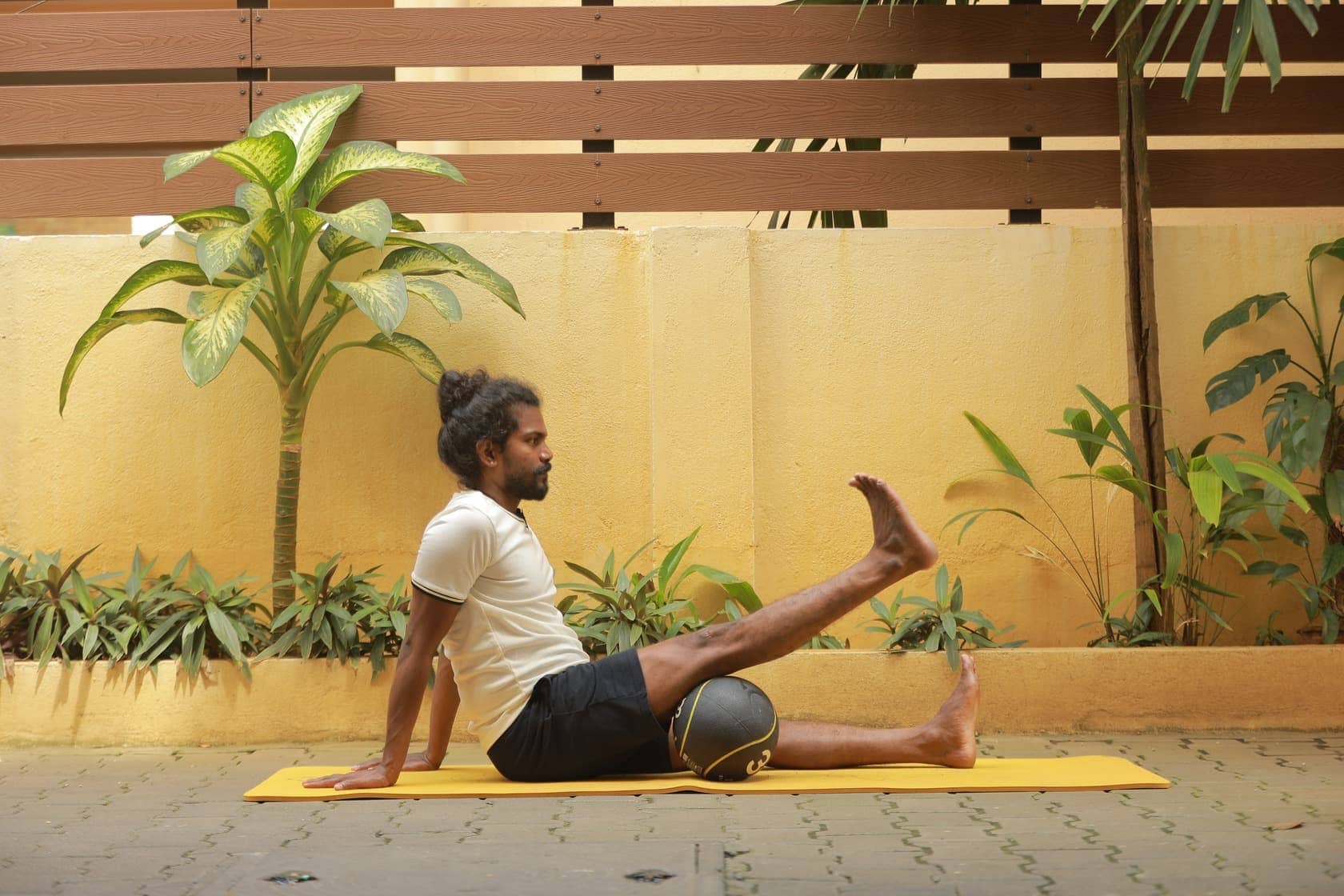Yoga Therapy
Yoga therapy is the professional application of the principles and practices of yoga to promote health and well-being within a therapeutic relationship that includes personalized assessment, goal setting, lifestyle management, and yoga practices for individuals or small groups. The practice of yoga therapy requires specialized training and skill development to support the relationship between the client/student and therapist and to effect positive change for the individual.
Yoga therapy offers a wide range of benefits that positively impact physical, mental, emotional, and spiritual well-being.
Some of the key benefits include:
Stress Reduction: Yoga therapy includes relaxation techniques, breathing exercises, and mindfulness practices, which help reduce stress, anxiety, and promote a sense of calm and inner peace.
Pain Relief: Specific yoga poses and therapeutic techniques can help alleviate chronic pain and improve flexibility and mobility.
Improve Flexibility and Strength: Regular practice of yoga therapy can enhance flexibility, strength, and balance, leading to better posture and reduced risk of injuries.
Enhance Mental Clarity: Yoga therapy incorporates meditation and mindfulness practices that can improve focus, concentration, and mental clarity.
Emotional Regulation: Through the combination of breathwork and self-inquiry, yoga therapy can assist in emotional regulation and provide tools for managing emotions effectively.
Better Sleep: Yoga therapy can improve sleep quality by calming the mind and relaxing the body, leading to more restful and rejuvenating sleep.
Overall, yoga therapy offers a holistic approach to health and wellness, nurturing the whole person—physically, mentally, and emotionally. Its gentle and adaptive practices make it suitable for people of all ages and abilities, providing a path towards a more balanced, harmonious, and fulfilling life.



Our services for YOGA THERAPY
Discover healing and transformation through personalized Yoga Therapy. Experience the benefits of this holistic approach to wellness today.
Yoga therapy, a complex discipline rooted in the expansive tradition of Yoga, defies easy definition due to its vastness and adaptable nature. Its diverse approaches make it challenging to encapsulate, necessitating a clear and practical explanation that resonates with both newcomers to Yoga and those deeply entrenched in its philosophy.
Yoga therapy entails guiding individuals towards enhanced health and well-being by applying the principles and practices of Yoga.
Additional Notable Definitions
Eight weeks of Yoga and mindfulness resulted in fewer ADHD symptoms and less hyperactivity.
– A Scientific statement
Yoga and Meditation are good for arthritis
– Oslo’s Diakonhjemmet Hospital
Over secretion of vasopressin hormone in the brain causes HBP; Meditation is good for High Blood pressure
– Ohio Kent state University
Stress hormones (Adrenocorticotropin, cortisol, adrenaline, noradrenaline) elevate renin, a kidney enzyme that raises blood pressure; cause chronic illnesses; Meditation decreases stress hormones
– A research study
Daily meditation provides instant relief from migraine attacks
– Researcher at a hospital in North Carolina
Mindful meditation is good for chronic lower back pain
– A scientific Study
Many people find relief with a form of meditation & yoga that harnesses the power of the mind to manage pain including emotional and chronic lower back pain
– A US based Study
Meditation, Breathing exercises and mantra chants are good for Attention Deficit hyperactivity disorder (ADHD), bipolar disorder and Autism
– A scientific Study
Yogic practices help D2R gene in the dopamine system to prolong life and Behavior
– University at Buffalo in the US
Yoga improves social and occupational functioning in Schizophrenic patients
– A Research Study
Stresses moms may have smaller babies (low birth weight) (cortisol reduces blood flow to the fetus)
– University of California (UCLA), US
Yoga blocks the signaling molecule interleukin- 1 to treat asthma
– Cardiff University (UK)
Impurity of FOXF2- a new gene increases the risk of having a stroke
– Researchers
Meditation and yoga help to treat back pain
– US’s John’s Hopkins University
This assortment of definitions underscores the multi-dimensional essence of yoga therapy, reflecting its aim to promote well-being through personalized application of yogic principles and practices, tailored to diverse needs and conditions.
The excerpt you’ve provided is a comprehensive overview of Yoga Therapy from the perspective of Richard Miller, Ph.D. It outlines the definition, perspective, and principles of Yoga Therapy. It emphasizes the application of Yogic principles to achieve spiritual, psychological, or physiological goals, using a variety of intelligently conceived steps and techniques. Here’s a breakdown of the key points:
Definition of Yoga Therapy: Yoga therapy is defined as applying Yogic principles to individuals with the aim of achieving specific spiritual, psychological, or physiological objectives. The methods used encompass various components of Ashtânga Yoga, including teachings like yama, niyama, âsana, prânâyâma, and more. Additionally, practices like meditation, counseling, chanting, and rituals are employed to cater to individual needs while respecting differences in various aspects of life.
Perspectives of Yoga Therapy:
- Shakti-krama: Using Yoga to cultivate power, concentration, physical strength, and the ability to perform challenging postures. This perspective emphasizes empowering the practitioner.
- Chikitsâ-krama: Applying Yoga to address specific issues, such as purifying organs, energy centers, and channels of the body. This approach focuses on healing and eliminating impurities.
- Âdhyâtmika-krama: Utilizing Yoga to transcend the physical and understand one’s unchanging true self amidst changing elements. This perspective delves into self-realization and the Witnessing Presence.
Principles of Yoga Therapy:
- Yukta-shiksana: Tailoring teachings appropriately to the individual’s needs.
- Bheda: Respecting individual differences and uniqueness.
- Desha: Considering the student’s background, location, and cultural context.
- Deha: Adapting instruction based on the individual’s constitution, age, and physical condition.
- Kâla: Adapting methods to the time of year, seasons, and other temporal factors.
- Vritti: Adapting teachings based on the student’s occupation or lifestyle.
- Shakti: Understanding the student’s capacities, endurance, memory, and time availability.
- Mârga: Aligning teachings with the student’s interests, such as exercise, devotion, chanting, etc., to engage their mind effectively.
This perspective on Yoga Therapy underlines its holistic nature, encompassing physical, mental, and spiritual aspects. It highlights the importance of personalized approaches and adaptation to cater to diverse individual needs and circumstances.

